As I was reading some of the great blog posts people wrote on the topic of genres, it got me thinking – not just about how we categorize games into genres, but also how we talk about genres and compare similar games with one another.
With gaming as popular and mainstream as it is now, there are plenty of places on the web to talk about games and hear others’ opinions. There are lots of big media conglomerates like IGN, Polygon, Kotaku, etc. for journalists to cover everything from game releases to game reviews. There are also all the social media sites (Youtube especially) where independent creators can offer their thoughts on games in long-form video essays. I’ve watched and read plenty of reviews and impressions on games in my free time, and over time I noticed something interesting about how we talk about genres: what terms we use when naming and defining genres.
The best way to explain what I mean is to use some examples. When Doom first released in 1993, it took the computer gaming world by storm, appearing on the screens of millions. Its cultural impact was so great that, for quite a few years after its release, any game that resembled it with its first-person perspective and “violently shoot things” mechanics was labeled as a “Doom clone.” It wasn’t until about 1998 when “Doom clone” started to be replaced with “first person shooter.”

Nowadays, the term “Doom clone” is nowhere to be seen. We pretty much exclusively use “first person shooter” to refer to games in this style. Why is that? Was it due to the sheer number of “clones” that were appearing? Games like Duke Nukem 3D, Quake, and Half-Life released in the couple of years after Doom and were very popular, showing what was possible with a shooting action game played in the first-person perspective. Perhaps the move to true 3D with many of these games helped people realize that these games weren’t just clones, but something unique – with shared similarities that could be classified as a genre on its own. It’s interesting to also consider that Doom wasn’t even the first game made in its style – the creators themselves released a very similar game, Wolfenstein 3D, just one year prior! Yet, Doom wasn’t referred to as a Wolfenstien clone. Though, to be fair, at its time of release, Doom was the only other significant game like Wolfenstein 3D at the time, and it was made by the same creators. Maybe “clone” is upgraded to “game belonging to a genre” when enough other people try to do something similar.

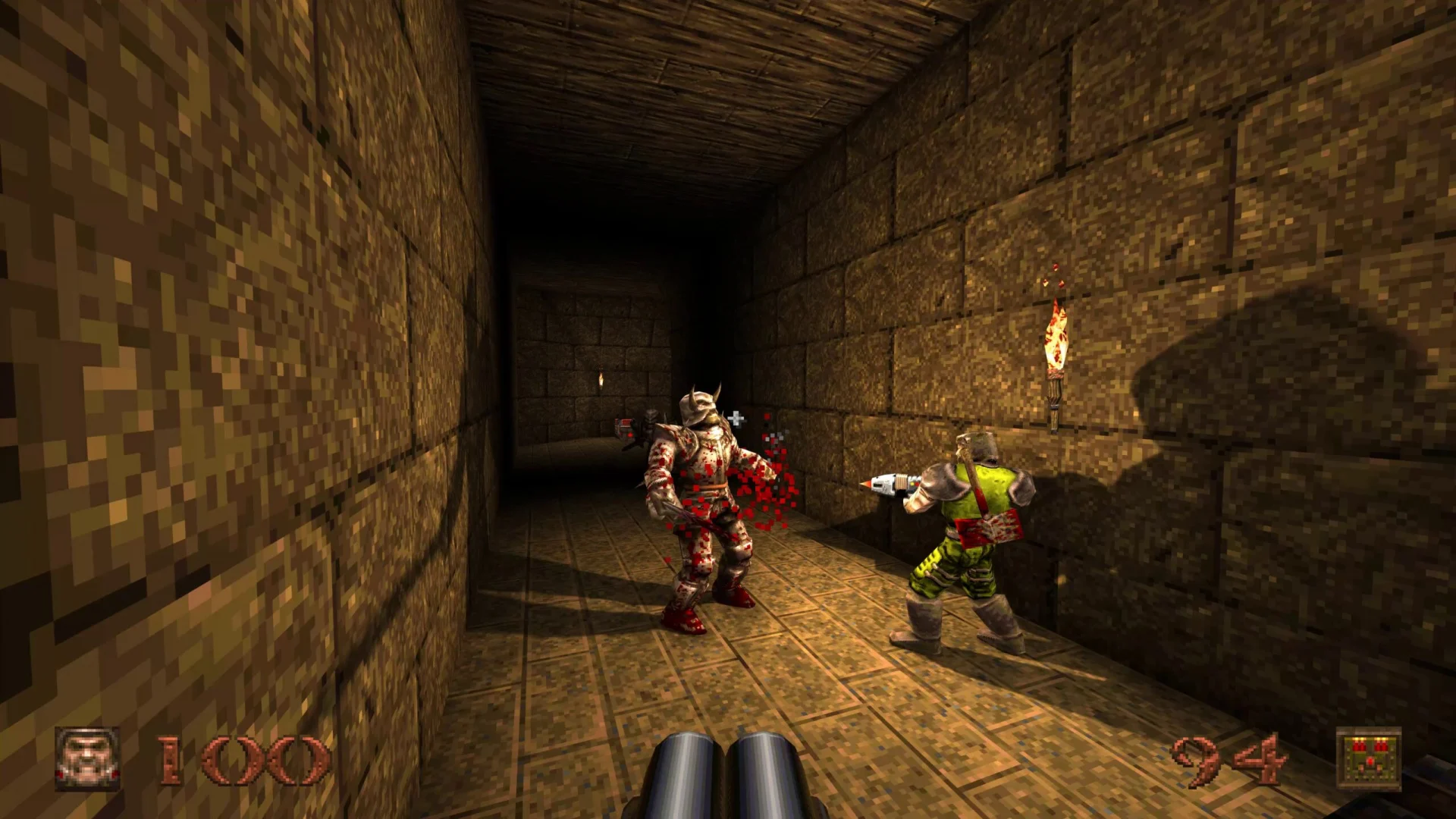

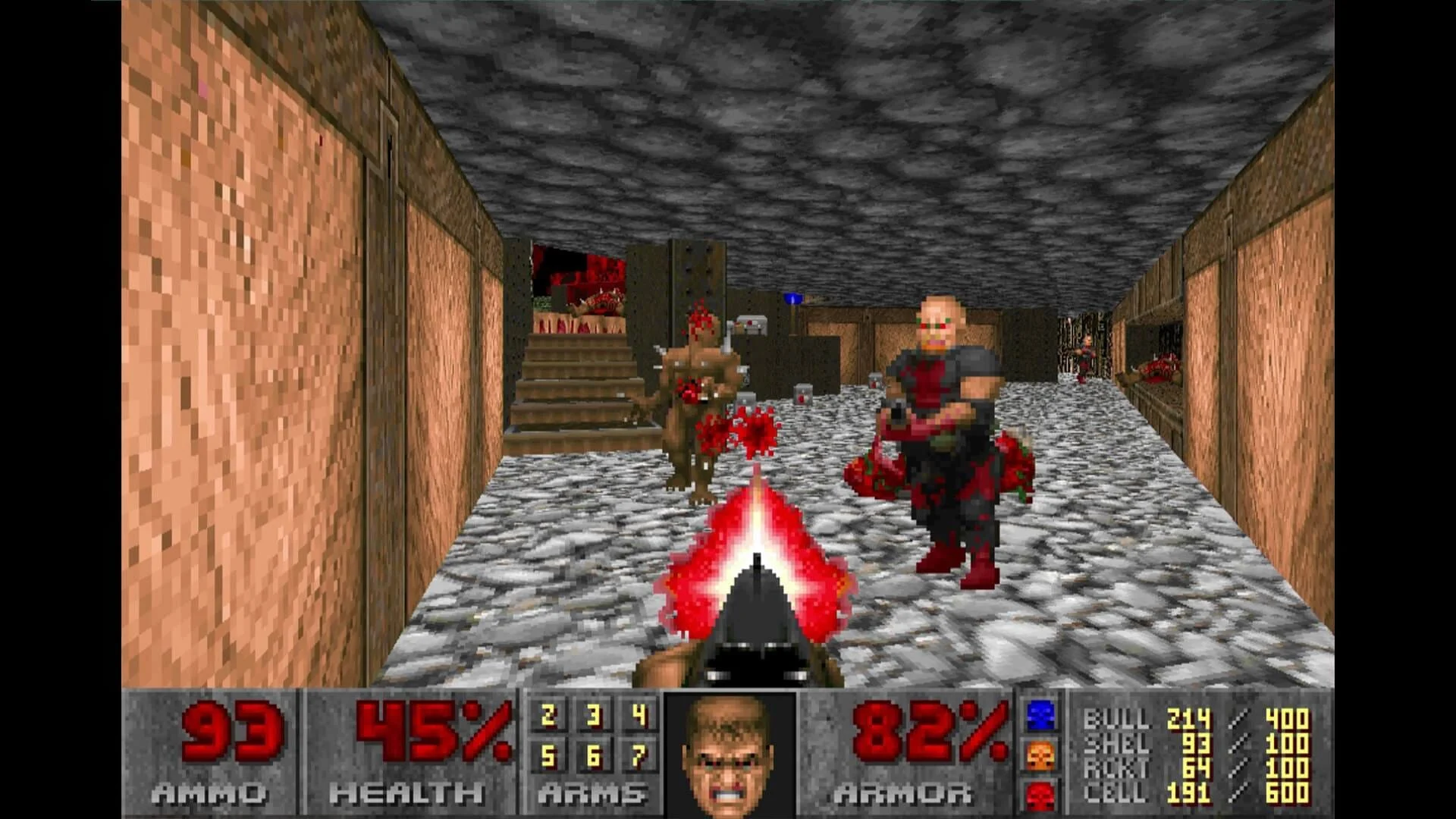
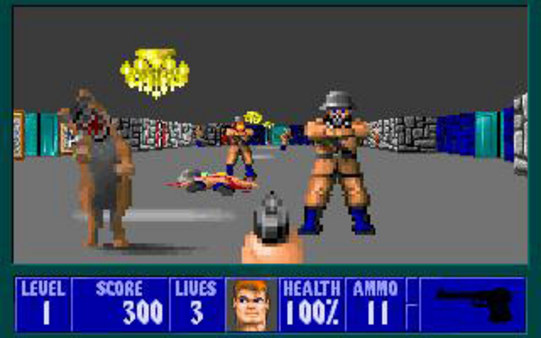
People often credit Resident Evil 4 (2005) for being the game that introduced and pioneered the concept of a third-person, over-the-shoulder camera perspective game with shooter elements. A “third-person shooter”, if you will. Then games with similar usage of perspective, like Uncharted (2007) or Gears of War (2006) released and also became popular. Despite all that, I don’t think people were throwing around the term “Resident Evil clone” over “third-person shooter” nearly as much as people were using “Doom clone” in the mid-1990’s. Funnily enough, I looked up “Resident Evil 4 clones” just to see what kind of discussions came up, and I did find a bunch of articles and posts talking about what the best Resident Evil clones are. Even then, the games mentioned are generally horror games first and foremost – not necessarily all third-person over-the-shoulder action games. Despite all the “clone games”, “Resident Evil 4-like” isn’t considered its own genre. Third-person shooters are, on the other hand.
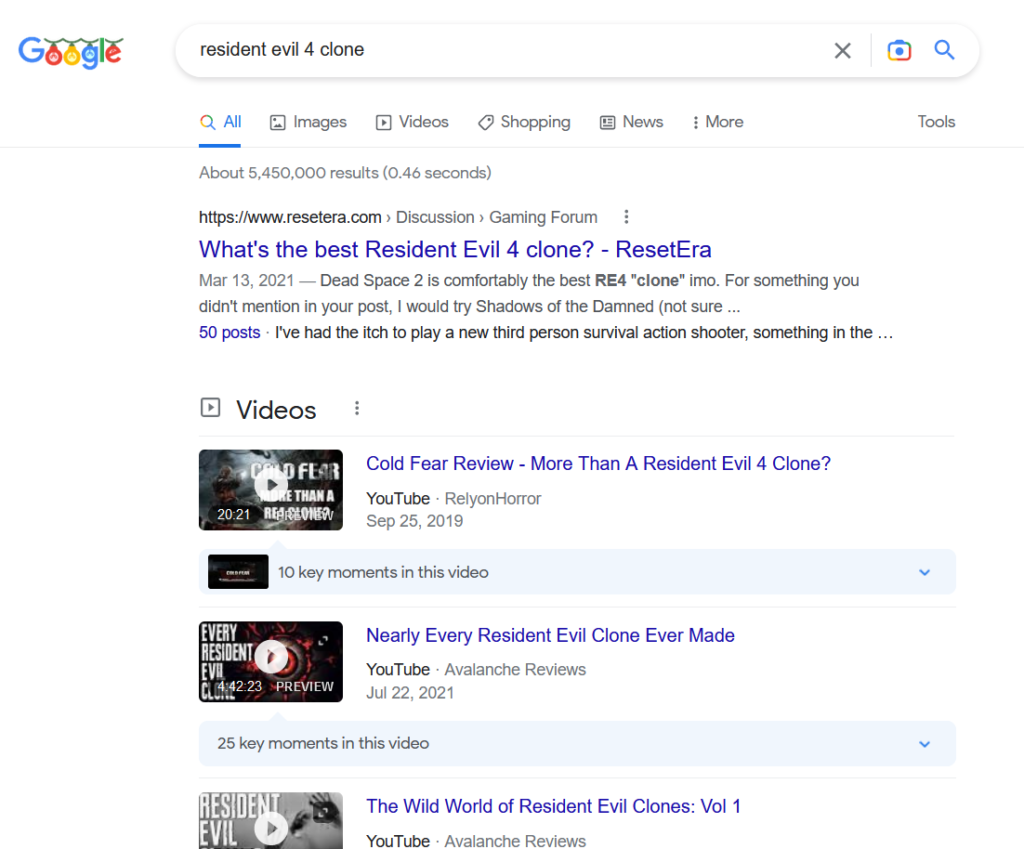
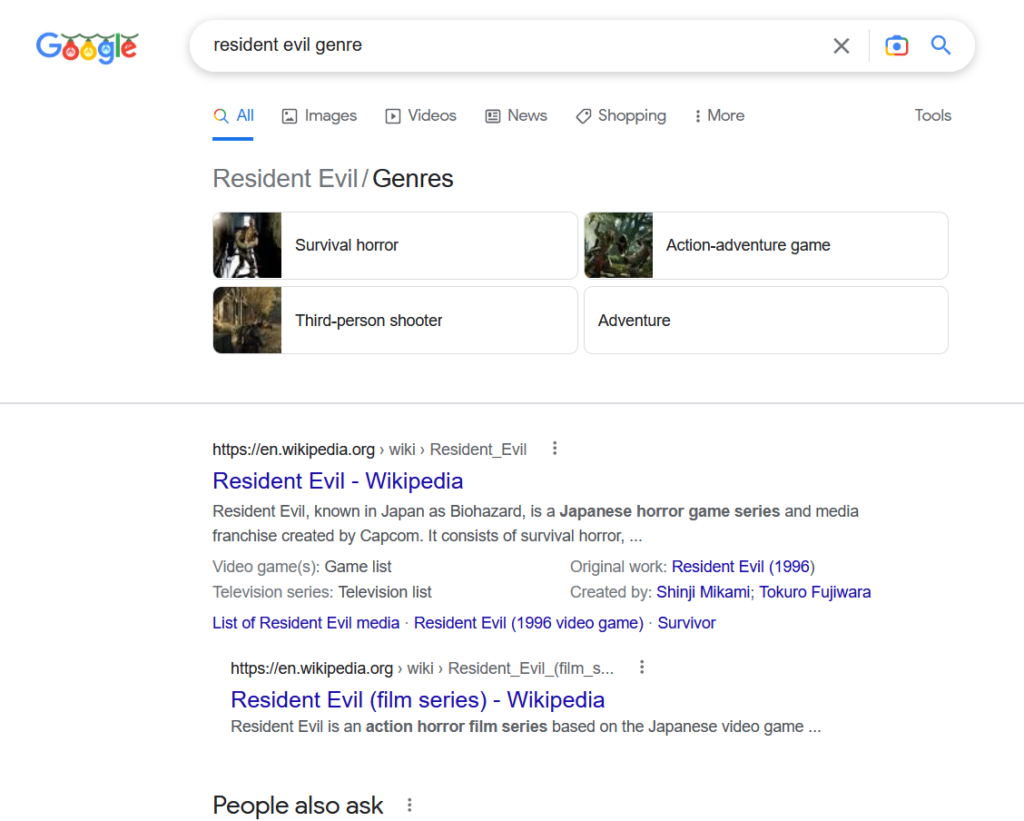
PUBG is credited as the game that brought the “battle royale” genre to the mainstream when it exploded onto PCs in 2017, gaining immense popularity very rapidly. Fortnite, Apex Legends, Call of Duty’s Warzone quickly followed in the next few years. But, did you catch that? I called it the “battle royale” genre. PUBG was inspired in part by the 2000 Japanese film Battle Royale, and that name stuck. “PUBG clone” didn’t. Fortnite literally uses “Battle Royale” as the name for its most popular mode that we usually refer to as just “Fortnite.” No one calls these games and modes “PUBG clones” anymore when discussing the genre (although plenty of people did accuse them of copying PUBG early on).
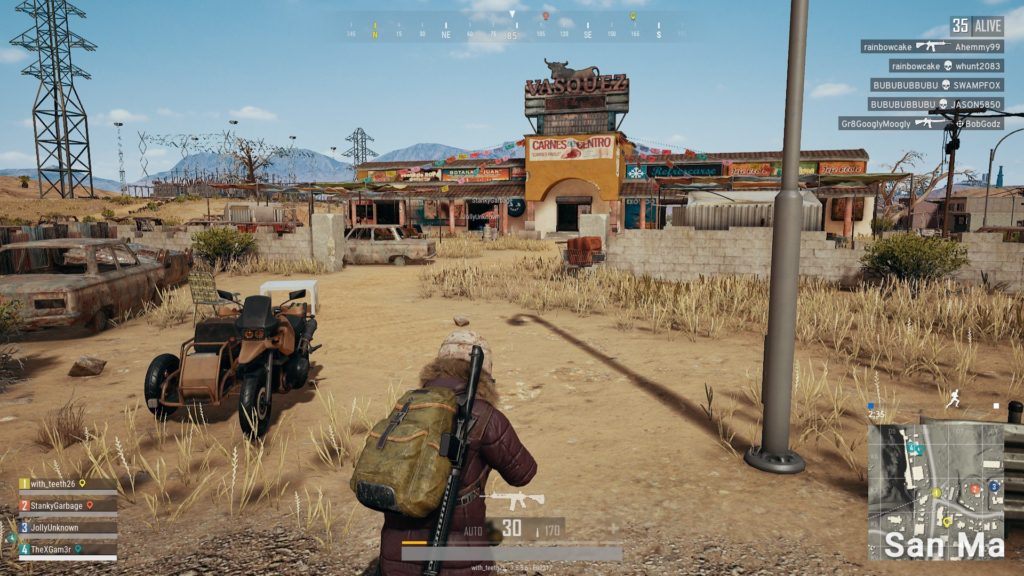
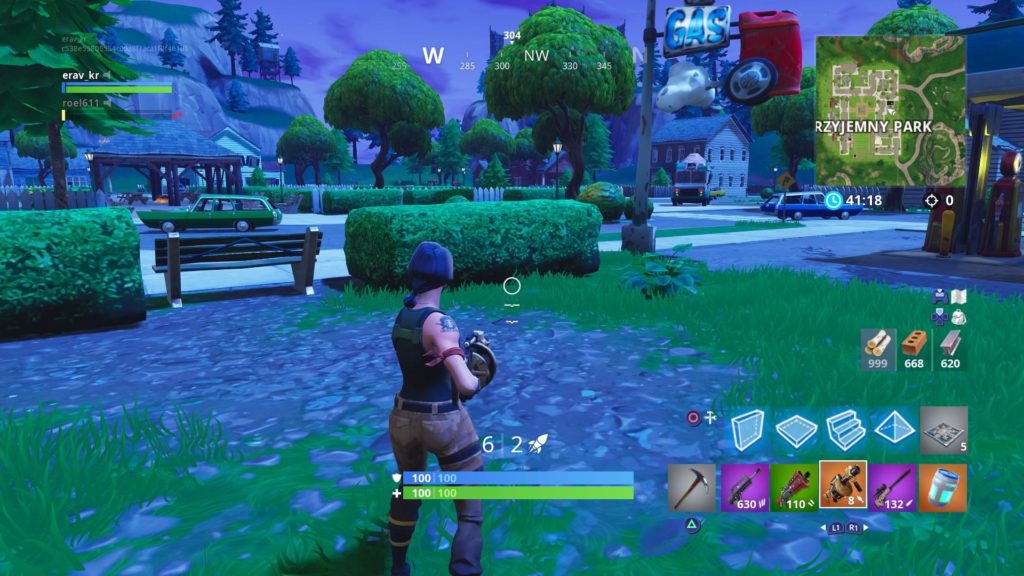
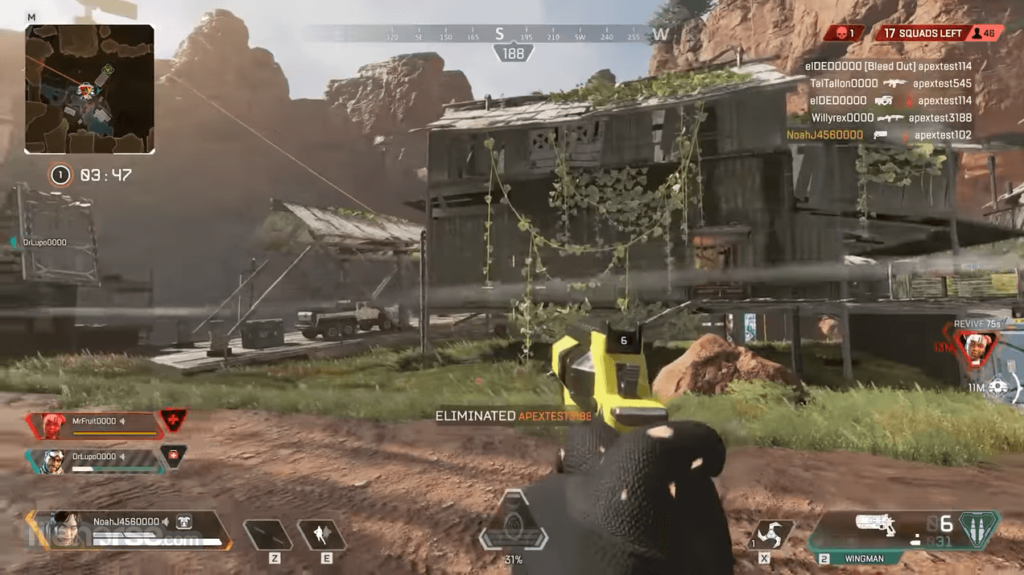

Look at those Resident Evil 4 clones – I mean, Doom clones. PUBG clones? Battle royale games?
So, it appears that having lots of similar games made by other people doesn’t necessarily mean your game’s genre gets to be named after itself, even if it’s “genre-defining,” which Resident Evil 4 and PUBG are often considered to be. That term “genre-defining” seems to get thrown around a lot in gaming literature, huh? Doom, Resident Evil 4, and PUBG are all games that defined genres, but the etymologies of these genre names are different. There is a whole decade separating Doom and Resident Evil 4, and another decade between Resident Evil 4 and PUBG. Maybe naming genres after the first game to pioneer and popularize them is just old-fashioned, and we don’t do it anymore.

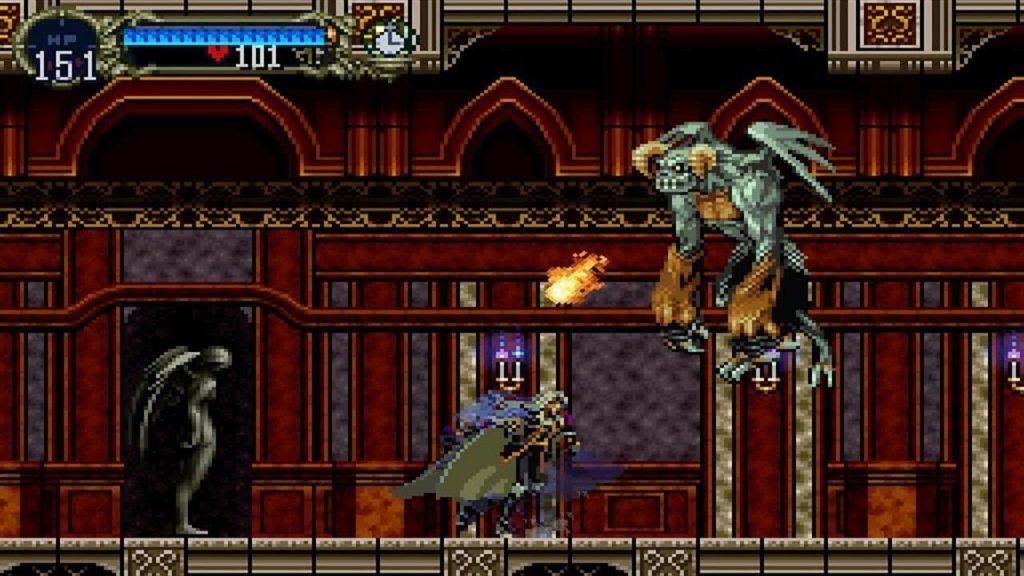
But wait – there are also the terms “Metroidvania” and “Soulslike” to consider. Both these terms are actively used by tons of people to describe specific genres today. 2D/2.5D side-scrolling platformers with explorative gameplay and world progression tied to getting power-ups are called Metroidvanias, due to their structural similarity to the Metroid and Castlevania games. The Metroid franchise got its start in 1986 and found its stride in 1994 with Super Metroid. The Castlevania series also started in 1986, and its first definitive game, Symphony of the Night, released in 1997. The term “Metroidvania” is a portmanteau between the two franchise names, due to how similar their gameplay loops were. Interestingly, the director behind Symphony of the Night cited Zelda II as their main inspiration instead of Super Metroid, by the way. It’s not exactly clear when “Metroidvania” started seeing widespread use as a phrase, but it has been around since at least 2001. Aside from the series themselves continuing their signature style of gameplay, plenty of similar games came out in the following years. There were titles like Cave Story (2004), Shadow Complex (2009), and Guacamelee! (2013).
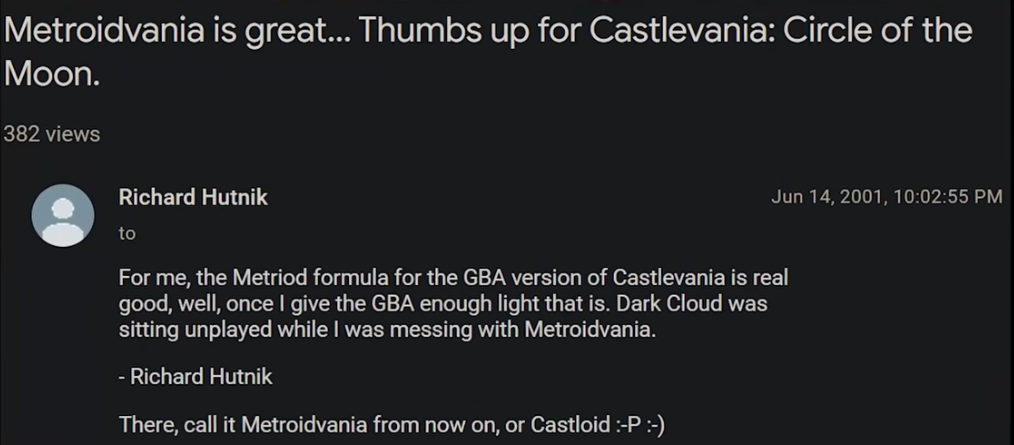
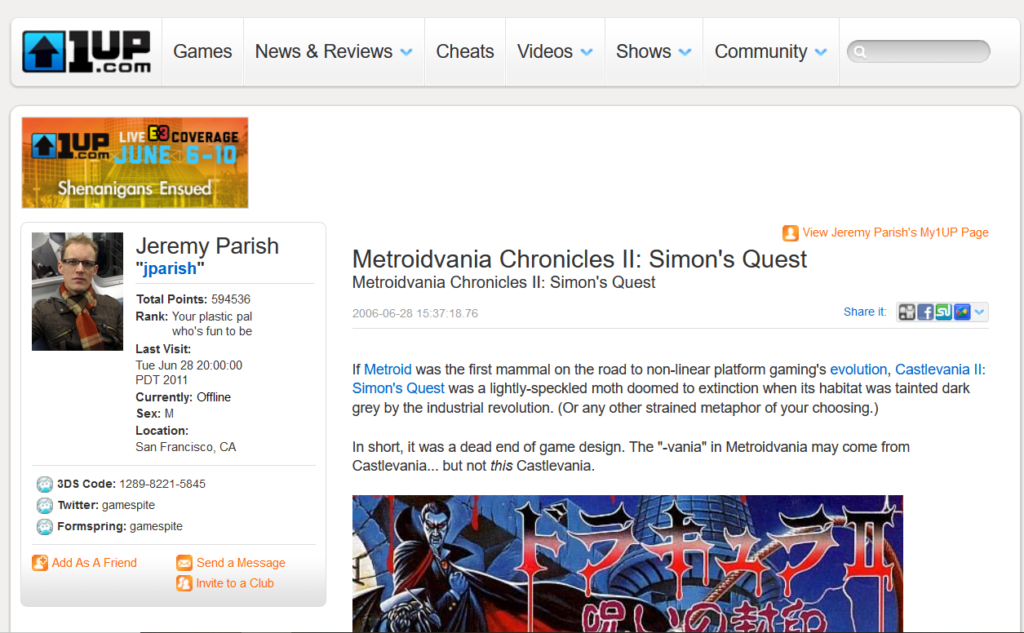
Despite the fact that the Metroid and Castlevania franchises are over two decades old, “metroidvania” sees constant use as the intended name of a specific genre today. The indie game scene in particular is a fan of creating these kinds of games, often marketing them explicitly as Metroidvanias, and they’re still very popular. Some notable modern ones are games like Hollow Knight (2017), Dead Cells (2017), and Blasphemous (2019), which together have sold millions upon millions of copies. Plenty more games are currently being developed with this style in mind; they will continue to market themselves as Metroidvanias, and fans will continue to refer to them as such. Despite the age and legacy of the term, it’s still widely used.
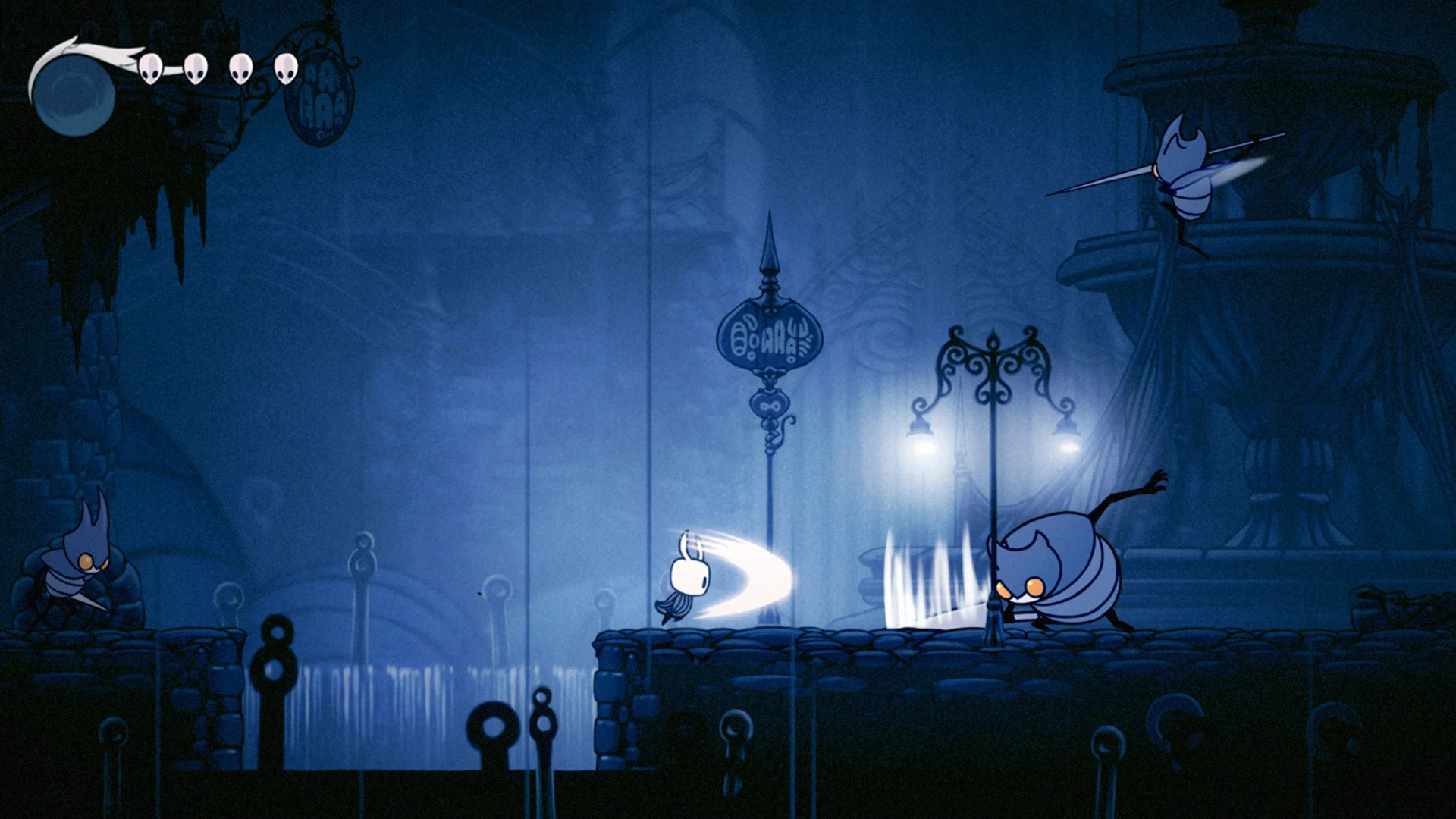

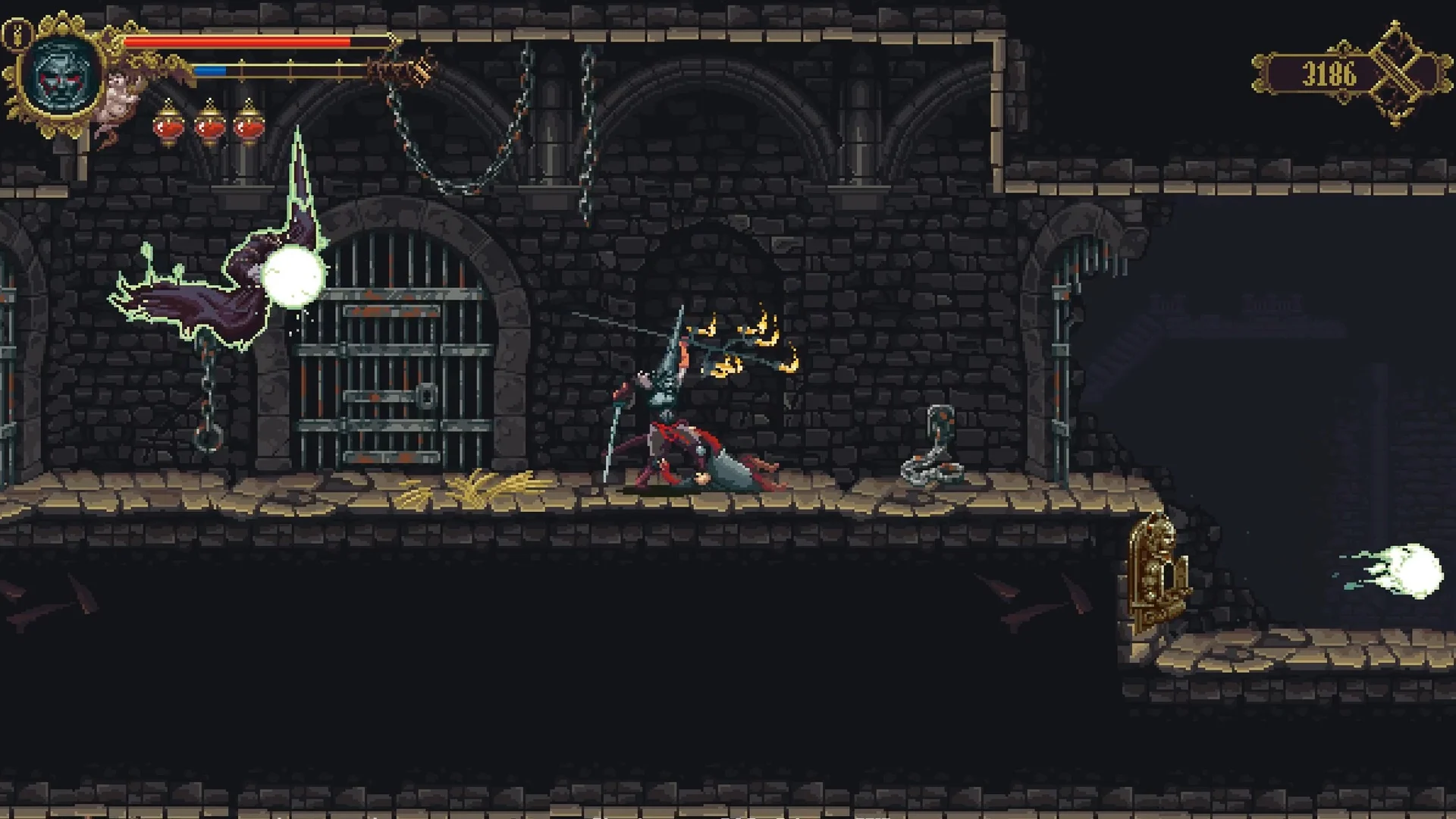
Games that market themselves on having “tough but fair” levels of challenge and punishing deaths, gloomy atmosphere, and deep but vague lore told through environmental storytelling are often referred to as “Soulslikes,” due to sharing similarities with the Dark Souls series. Hell, it was a popular meme for a while that every new game coming out in the 2010’s tried to sell itself as “the Dark Souls of X,” to the point of making the phrase almost meaningless. The first Dark Souls came out in 2011, and the series concluded with Dark Souls 3 in 2016. 11 years after the first Souls game, we’re still calling games “Souls” or “Soulslike” games, and the term doesn’t seem to be going anywhere anytime soon. FromSoft, the developer of the Dark Souls series, can’t escape the term either. People like to refer to their other projects as Souls games. Elden Ring, which came out earlier this year, is often called a Souls game. The term is pervasive. It can be hard to pinpoint, but you still feel like you know a “Soulslike” game when you see one… right?
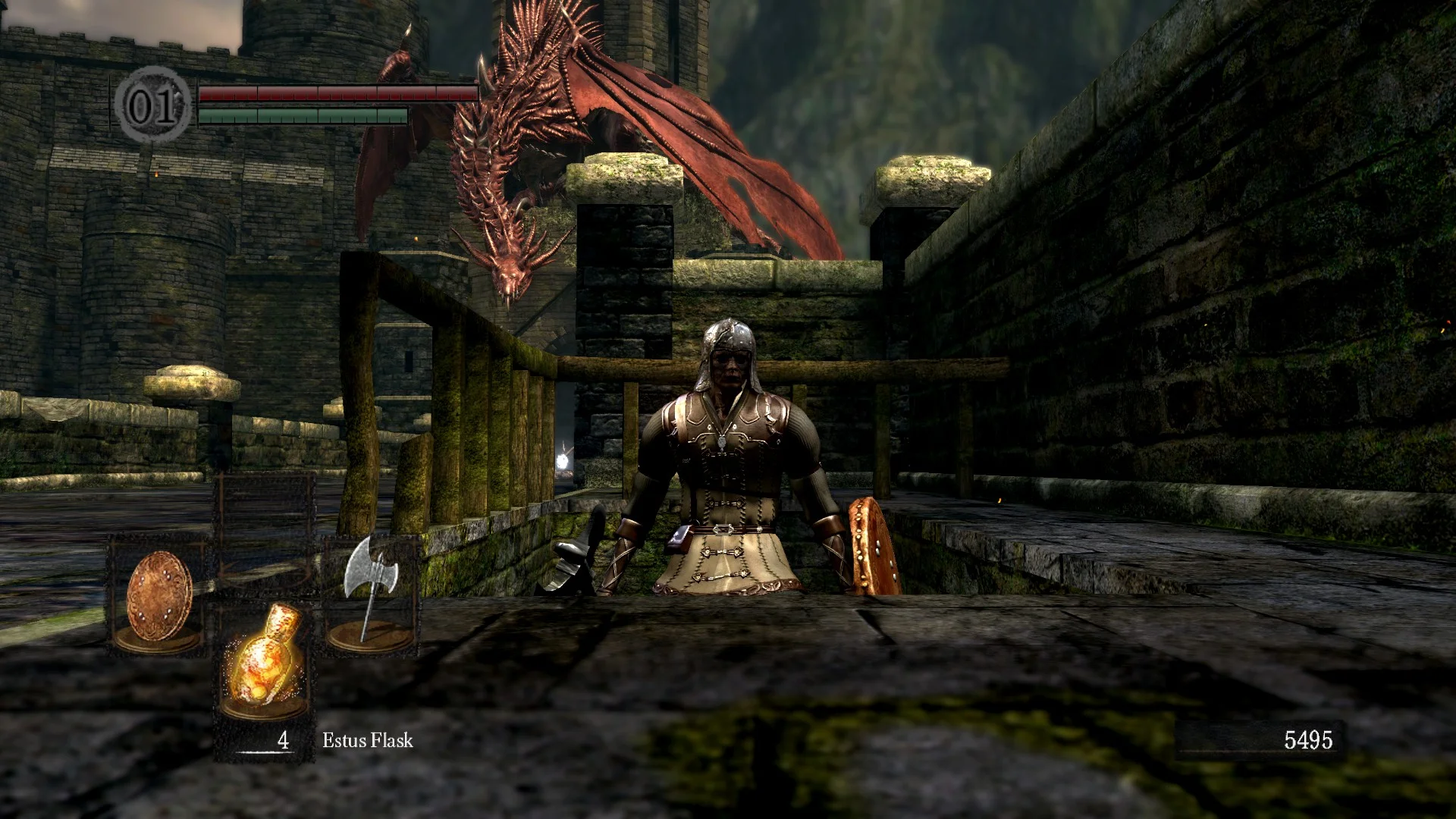
The phrase “Doom clone” lasted for about 6 years. But, “Metroidvania” and “Soulslike” have been around for longer and are still popular terms for categorizing games, despite the fact that they essentially translate to “Metroid-Castlevania clone” and “Souls clone” if viewed literally. Things can get even more confusing. People have called the Dark Souls games “3D Metroidvanias,” and have called games like Hollow Knight “2D Soulslikes.” Does this mean all these games have just been copying each other in one big circle? Well, similarly to the director behind Castlevania: Symphony of the Night, the creators of Hollow Knight said Zelda was their main inspiration – not Dark Souls. In fact, they also actually tried to avoid labelling their game as a Metroidvania, choosing to refer to it primarily as an “action platformer” instead.

Even though Hollow Knight’s creators cited Zelda games and Faxanadu as their main sources of inspiration, we call Hollow Knight a “Metroidvania” all the same – the phrase really has a power of its own. “Zelda-like” or “Faxanadu-like” aren’t genres, but “Metroidvania” is (though we’ve started to see the rise of “Breath of the Wild-likes”). I have to wonder why “Doom clone” was phased out as the name of the genre Doom was establishing, while “Metroidvania” and “Soulslike” have survived. Plenty of games have actively taken inspiration from Metroid, Castlevania, and Souls games, just as Doom “clones” took inspiration from Doom. Despite that, however, we have embraced the aforementioned terms as their own genres, while having discarded “Doom clone” in favor of “first-person shooter.” Does this mean we’ve accepted first-person shooters as an official genre, but haven’t yet done so for the games we call “Metroidvanias” and “Soulslikes?” These terms are so powerful that, even as I write this, I use our modern genres to retroactively categorize old games. It’s difficult to avoid calling something like Duke Nukem 3D a first-person shooter over a “Doom clone”, but it’s also difficult to avoid calling something like Hollow Knight a “Metroidvania.” It’s an interesting dichotomy.
All these years after Doom and those “Doom clones,” it still seems very popular in general gaming discussion for people to call new games knock-offs of other games. There actually was drama recently in the Hollow Knight community, when some fans accused Ori and the Will of the Wisps (2020) of copying Hollow Knight, despite the games still having plenty of differences. People would argue over whether or not Ori and the Will of the Wisps copied Hollow Knight while referring to both games as “Metroidvanias” in the same breath. This, of course, inadvertently invites comparison between those two games’ similarities with the eponymous Metroid and Castlevania games. When people called Overwatch a TF2 ripoff, they were calling Overwatch a first-person shooter at the same time (but not a Doom clone!). Fun fact: lots of people actually compared Hollow Knight with the 2015 prequel of Ori and the Will of the Wisps, when it released in 2017.
When is a game considered by people to be part of a genre instead of being considered a “clone?” Human brains are naturally wired to recognize patterns, categorize information, and make comparisons. It makes sense that we use genres as a way of categorizing books, movies, games, etc. After considering all these “Doom clones” and “first-person shooters,” “Metroidvanias” and “Soulslikes,” I find it very fascinating how differently these genre names have evolved over time with the way they’re used to describe and compare games. I’m not arguing in favor of using one kind of genre name over another, though. It’s just interesting to see how messy all of it can get, with the different naming conventions we’ve gradually established. “Soulslike” is certainly much easier to say than “game that has a ‘tough but fair’ level of challenge and punishing deaths, gloomy atmosphere, and deep but vague lore told through environmental storytelling.” Similarly, “Metroidvania” beats having to substitute in the short paragraph that can be used in its stead. Maybe we just lack anything better and more succinct than “Metroidvania” and “Soulslike” to describe those kinds of games? We’re at the consensus that “first-person shooter” is much better a term to use than “game where you control a character in the first-person and use various guns and weapons to kill enemies and progress.” At the same time, however, “first-person shooter” has more letters and syllables than “Doom clone” or “Doomlike,” but we obviously still prefer the former. Hmm…
It makes me also wonder how common this etymological situation is for discussions surrounding other popular media. Obviously genres exist for all forms of media, and people have been comparing art and talking about inspiration vs idea stealing for a long, long time. But as far as I can tell, at least, you don’t usually see people naming entire genres or styles of media after a single movie, song, or artist. Imagine if we called all rock songs “ElvisBerries” or all movies that have sound “Jazz Singer-likes.” This could also just be my bias towards writing and reading about gaming over discussion of other mediums showing, though. I could be wrong; maybe this problem is more pervasive to all media than I imagined, and is just a natural consequence of the fact that nothing can ever truly be rigidly filed into one, pure category. It’s just interesting to think about.
I’ll leave you with this great joke someone wrote regarding the discussion about Hollow Knight vs Ori and the Will of the Wisps.

Maybe that’s all there is to it for games, at least.
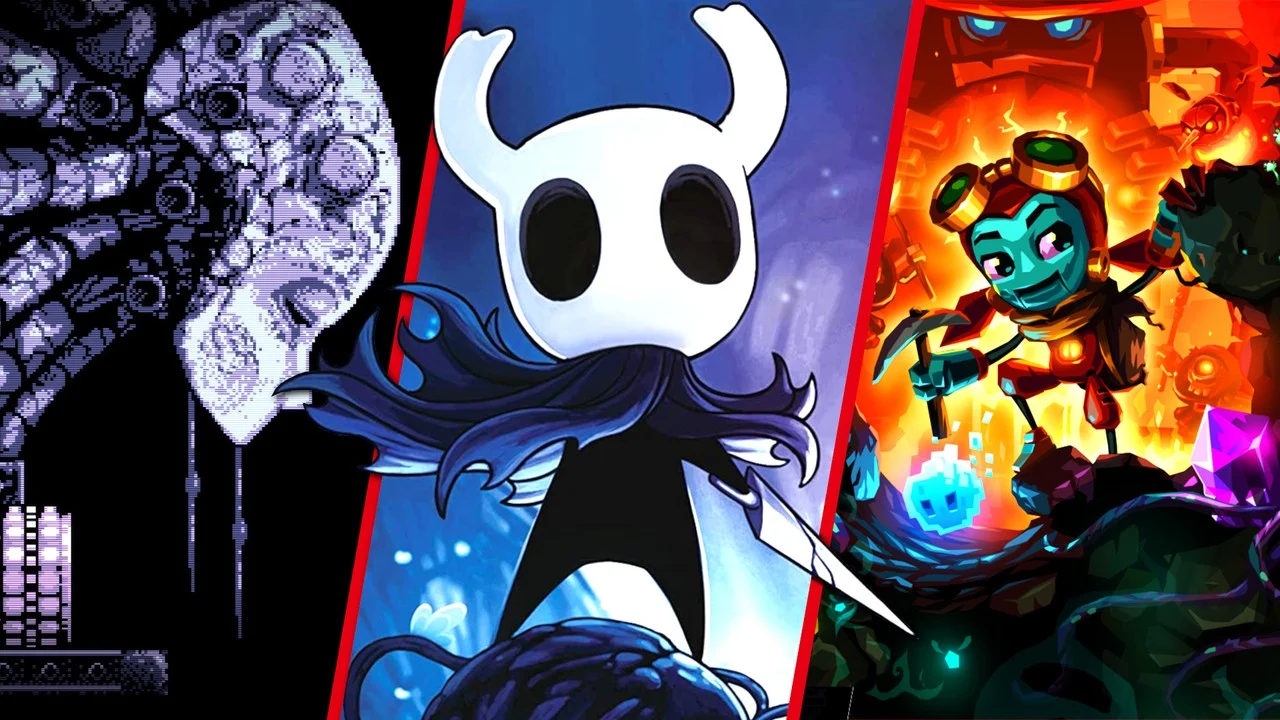

I’ve played almost every game you’ve written about here, and I totally get your point about genres. I will say that I believe none of these games to be “clones” in the way you used the term. The problem is that no idea is ever going to be completely original. It’s just not possible because of the way humans learn and think: we build off pre-existing ideas. There is also a certain coziness/familiarity that comes with playing ____-like games. Obviously, there are rip-offs. Area F2 was a mobile game that was exactly the same as Rainbow 6 Siege (literally everything was the same, only on mobile). I think in order for a game to not be a rip-off, there needs to be some degree of relevant difference. Comparing Ori and Hollow Knight, it’s true that they’re similar games – they have similar mechanics and world design. But the stories and art styles are completely different. As a result, Ori has this high fantasy, ultra-bloom, ethereal feeling to it, while Hollow Knight has this dark fantasy, grungy, (literally) underground feel.
Hey, thanks for the comment! I actually totally agree with you that no idea is ever fully original. All art and ideas we have about anything are iterative for sure, evolving over time when people gradually build on them. I also fully agree with you that none of the games I discussed are actually clones. I’ve played both Ori and Hollow Knight and absolutely loved both games, and I would never call one a copy of the other! Yes, they have similarities, but they do have so many differences in artistic direction, plot, and gameplay just like you said.
I was trying to show that the claims fans, game journals, independent reviewers all made about Ori and the Will of the Wisps copying Hollow Knight are amusing. Again, it’s fair to say there are similarities, but I strongly disagreed with the people calling Ori a “Hollow Knight ripoff.” In the first video clip and caption, people indirectly praised Hollow Knight for being an oh so original and beautiful game by saying Ori copied its great ideas. Then, I used the second video clip to show how Hollow Knight itself was immediately reductively slapped with the “Metroidvania” and “Soulslike” labels, as if it had no original ideas of its own. Again, this isn’t to disparage Hollow Knight at all – it’s one of my favorite games of all time! I just wanted to point out the irony of the comparisons people made, especially when considering the fact that Hollow Knight’s creators have mainly cited Zelda and Faxanadu as their inspirations for the game. And this irony is even more pronounced by the fact that, upon release, tons of people said Hollow Knight gave off Ori and the Blind Forest vibes back in 2017. The director behind Ori and the Will of the Wisps himself has also stated that he didn’t really enjoy Hollow Knight. Despite all of this, people said one game copied the other.
One could argue that the simple fact of Area F2 being on mobile, rather than on PC and console like Siege, is a large enough difference to warrant being considered a different game. I’ve played hundreds of hours of Siege myself, and I think playing the same game on a mobile platform might potentially be a very different experience. Plenty of people rebuy ports of games they already own on their phones or Nintendo Switch. Just the portability factor alone appears to be enough to create a new experience for some players. Actually, the discussion about whether or not playing a game on a different platform can have the port be considered a separate genre is a pretty cool topic on its own!
Upon re-reading my post, I think I could have done a better job at making it clear I’m calling the concept of calling games clones into question, by showing that the line between a game being a “clone” (big quotes here) and a game belonging to a new/established genre is blurry. After all, what we thought were just knock-offs of Doom back in the 1990’s turned out to be games of a new, exciting genre. This gets even harder due to the fact that some genres are literally named after specific games – we may categorize a game like Hollow Knight as a “Soulslike” when the creators themselves have barely had any exposure to one. Perhaps genres being directly named after games could make it even harder to discuss and appreciate the originality of new games.